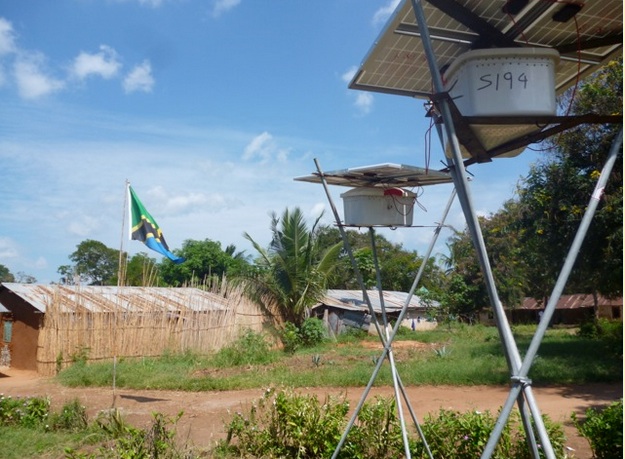
By Elias Ntungwe Ngalame
As African negotiators continue to push for a global surface warming to 1.5degrees centigrade and as the continent brandishes renewable energy as the key flagship development pathway for the future, development experts have advocated for a more decentralised sustainable energy programme for countries in the ECOWAS region to help create jobs and fight poverty especially in the rural areas.
This was among some of the key recommendations at a panel discussion on ways of advancing low carbon development in the West African region. The discussions were hosted by Economic Community of West African States (ECOWAS) Center for Renewable Energy and Energy Efficiency-ECREEE at the just concluded Paris COP21.
As climate policy negotiations drew to a close in Paris, development actors are very sensitive to lapses that stalled or hindered progress in development actions in different countries in Africa in the past.
Over centralization of policies and decision making by the governments in West Africa have been a huge impediment to economic growth, retarding progress in development actions.
“We think it is time to part ways with old policies that concentrated powers in the hands of the central governments. The local governments should be given sufficient powers to decide on what type of renewable energy projects is best for their communities,” said Alexander Ochs, director of Climate Energy Worldwatch Institute.
The participants agreed that moving away from the old government led centralized energy management system to a decentralized community based renewable energy scheme will not only help speed up the implementation of the development projects but will help fight against poverty at the grassroot.
The need to build the capacities of local actors in councils, private sectors and other institutions in renewable energy, train local engineers in readiness for the implementation of renewable energy projects was also highlighted.
Senegal’s minister of Environment and Sustainable development, Abdoulaye Balde, reiterated the need to speed up the renewable energy action agenda in the region, announcing 2016 as the time frame for the implementation by member countries.
‘We are working with all 15 countries in the ECOWAS region to ensure that the renewable action agenda is implemented on time,” Abdoulaye said.
The panelists saluted the blend of technical and policy development schemes in countries like Burkina Faso, Nigeria, Ghana and expressed the need for exchange of such policy documents to permit countries lagging behind to learn best practices from others.
The ECOWAS Centre for Renewable Energy and Energy Efficiency pledged to continue contributing to the sustainable economic and social environmental development of the West African region by improving access to modern, reliable and affordable energy services, increase energy security and reduce energy related Green House Gas, GHG emissions and climate change impacts of the energy systems.











